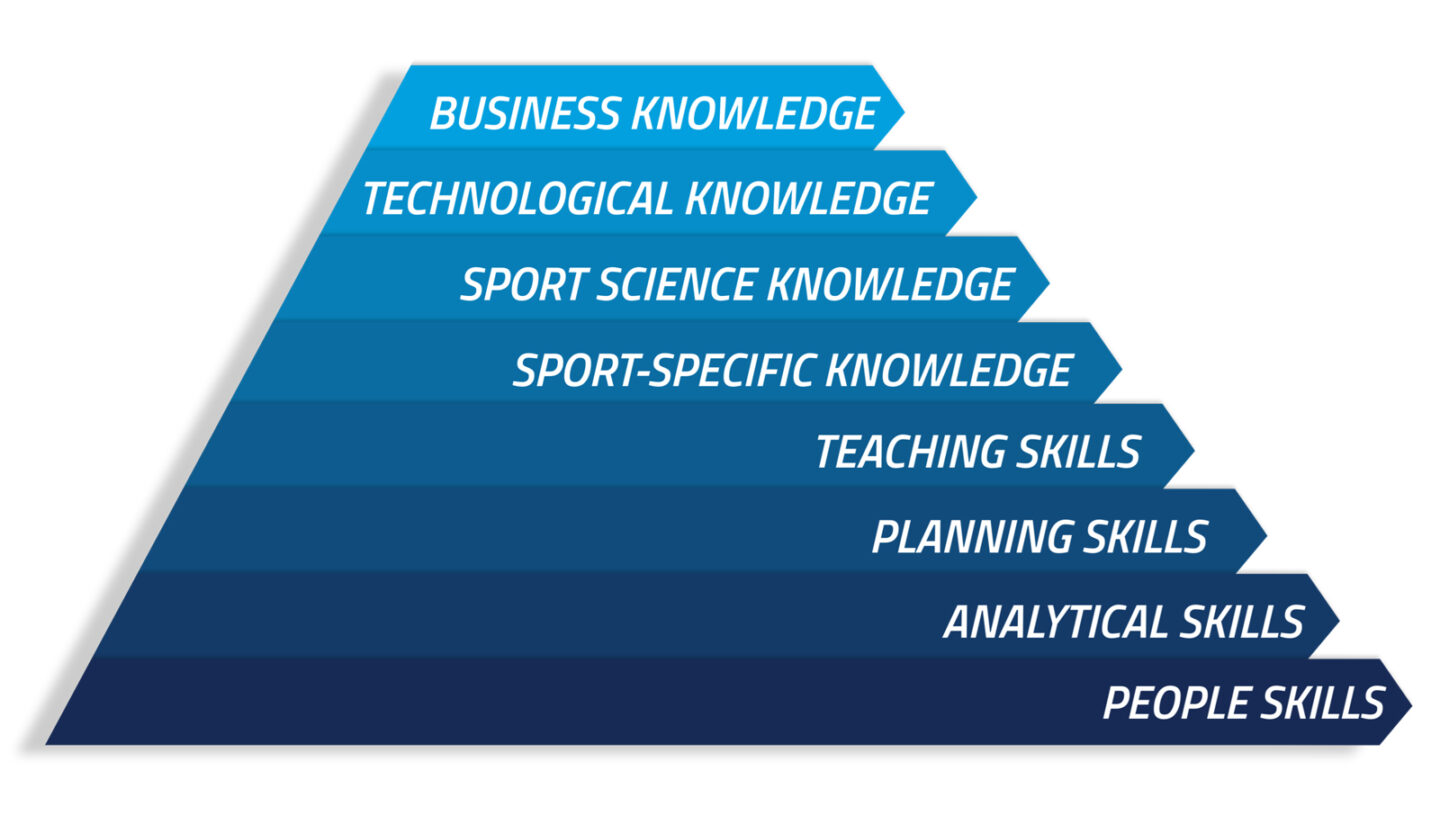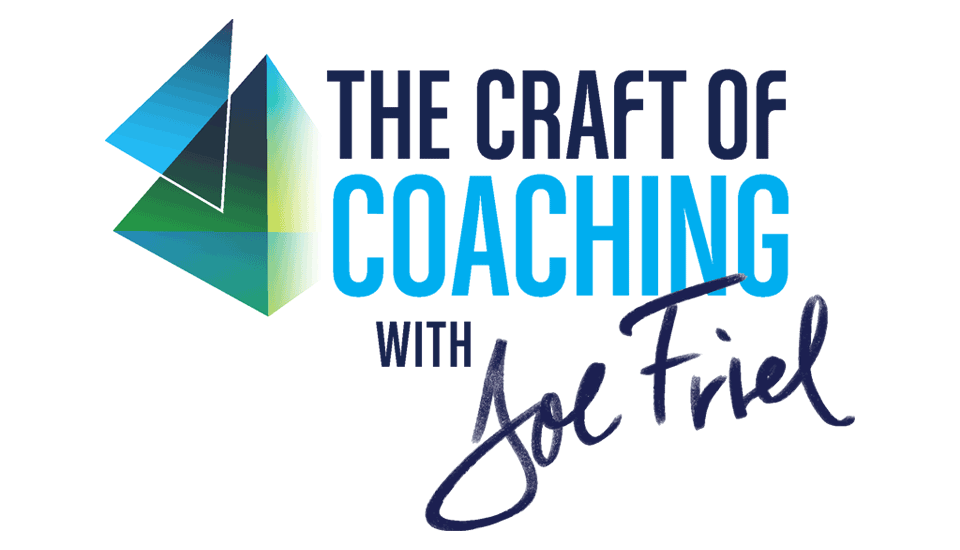Build Your Business Knowledge
The business side of coaching can be a real stumbling block, and although this topic is the last one to be addressed, it does not mean that business skills are of little value compared with the other skills and knowledge bases. It’s certainly as relevant to your potential success as any other topic we’ve covered.
Personally, I learned the hard way about the importance of having solid business knowledge. I used to own a running store, which eventually became a triathlon store in the early 1980s. I came to this world by way of a high school teaching and coaching career. I thought opening a running store would be a lot of fun. And as for making money? Well, that was a secondary concern for me back then. With no real working knowledge of retail, it seemed rather simple: I would buy merchandise at wholesale, sell it at retail, and put the difference in my pocket. Easy!
It didn’t turn out that way, however. I lost enough money in my first year of business that I could have paid for an MBA at the Harvard Business School. But I learned a lot over those seven years. The first lesson: Being profitable is very difficult. When I eventually started a coaching business I brought the lessons learned in retail to my new endeavor. It was a great experience in that regard.
About the same time as I was hanging out my shingle as a coaching company, a book hit the market titled The E-Myth by Michael E. Gerber. This book opened my eyes to the mistakes I had made as a retailer and how to avoid them in a coaching business. Things really fell into place for me for my second business venture. I’d highly recommend that you read Gerber’s book or check out his EMyth business coaching program. His basic premise is that most all small businesses are started by technicians, not entrepreneurs—hence, the myth about entrepreneurs.
A coach knows a lot about coaching athletes but really isn’t a business person, much less, an entrepreneur. Entrepreneurs are people who understand the “hows” and “whys” of running a business and making it profitable. Technicians know little or nothing about such things but are really good at providing a service to clients. For a technician-owned business to become successful, the owner must become knowledgeable about business. There’s no other way to make it work.
If you are not already committed to running a coaching business, weigh this decision before you commit to launching your own coaching business. Many years ago my brother called me to say he was thinking about quitting his job and starting a new company, having been in the heating and air conditioning business as a technician for decades. I asked why. He told me that he knew more about fixing heating and air conditioning equipment than the owner of the business. There was no doubt he was very good as a technician. He had been recognized as one of the best in his field in the Midwest region.
But a red flag went up for me when he said this. I asked what he knew about cashflow, making a profit, hiring and firing employees, managing the accounting books, marketing, maintaining an inventory, and all of the other stuff that is necessary to successfully operate a business. He admitted that he knew nothing about such things. I explained that was what his current boss knew. He hired technicians to do the hands-on stuff while he kept the business booming. Not knowing the details of owning and running a business would lead him down the same path I had experienced with my retail store. He decided not to leave his job. I was very glad.

Resources for improving business knowledge
I highly recommend E-Myth as a great resource for coaches looking to be more adept at running their business. (The E-Myth Revisited: Why Most Small Businesses Don’t Work and What to Do About It, by Michael E. Gerber)
There are many other books on starting and running a small business. A quick search will provide scores of such titles. Be sure to look for ones that are written for small businesses started by a technician (assuming that is your background).
Resources on building your business
- From Start-Up to Grown-Up: Grow Your Leadership to Grow Your Business, by Alisa Cohn
- Profit First: Transform Your Business from a Cash-Eating Monster to a Money-Making Machine, by Mike Michalowicz
- The Young Entrepreneur’s Guide to Starting and Running a Business: Turn Your Ideas into Money! Steve Mariotti
- Mind Your Business: A Workbook to Grow Your Creative Passion Into a Full-time Gig, by Ilano Griffo
- The Small Business Bible: Everything You Need to Know to Succeed in Your Small Business, by Steven D. Strauss
- Starting a Business All-in-One for Dummies, by Bob Nelson & Eric Tyson
- Small Business for Dummies, 5th ed., by Eric Tyson & Jim Schell
Another great option is to check with your local college or chamber of commerce about classes, in-person or online, on starting and running a small business. In my own experience, this proved quite helpful.
Your federation may also provide coaching business classes in person or online. Check out their website to see what they have available.
Other options include talking with an accountant on how to be profitable. He or she can likely provide lots of reading materials or point you in the right direction. Also, talk with a lawyer about the same topic—this will provide a different point of view from your accountant’s. That’s good as you will need a broad background to get started down the right path. Later in the series we explore this topic in more detail.
You may also hire a manager with a business skills background to oversee this area of your business for you. You be the technician and let the other partner/employee run the day-to-day operations of the company. Along this line, you may look for recent college graduates with a business major who are also athletes in your sport. I know of such an arrangement for a coaching company in the United Kingdom. Besides sharing a portion of the business profits with the partner, the coach provides free coaching services as partial remuneration.
This, again, is another place where a mentor with a background in small business operations can prove valuable. Such coaches are hard to find so you may need to search outside of the world of sports. Someone with a successful small business, especially one that provides services to individuals regardless of the type of service, would be a great resource. Don’t be afraid to ask. It’s amazing who you can bring on board as a “free” consultant by framing your search as “for a mentor.”
Review the other areas of coaching expertise
- Improve Your Interpersonal Skills
- Extend Your Analytical Skills
- Develop Your Planning Skills
- Hone Your Teaching Skills
- Deepen Your Sport-Specific Knowledge
- Expand Your Sport Science Knowledge
- Upgrade Your Gear & Tech Knowledge
Congratulations!
You have reached the end of The Craft of Coaching Module 1 // Building a Foundation for Success in Coaching. Next up is Module 2 // The How and Why of Coaching.
There is much more to discuss about the business side of coaching. We cover this topic in more depth in Module 4 of The Craft of Coaching.
